Big Ten Academic Alliance Procurement Consortium
Big Ten Academic Alliance Procurement Consortium
Combining, leveraging, and expanding resources of member universities is a central strategic focus of the Big Ten Academic Alliance. Collaborative purchasing and licensing programs help Big Ten Academic Alliance universities realize millions of dollars of savings each year while increasing the availability of information and services to the university communities.
- Big Ten Academic Alliance Procurement Consortium: By joining forces, procurement leaders from member universities are able to negotiate better terms and gain significant price advantages on products with relatively high margins. To date, the Big Ten Academic Alliance has saved more than $19 million. More about Purchasing Consortium
- Library Consortial Licensing: The Big Ten Academic Alliance libraries seek to develop a robust collaboration around content licensing so that member libraries can expect to realize cost savings, operational efficiencies, and to exert influence over the scholarly publishing market. More about Library Consortial Licensing
- Software Licensing Principles: Many commercial firms and open source communities wish to sell or otherwise provide software to colleges and universities. The Big Ten Academic Alliance Chief Information Officers developed a set of principles to facilitate efficient licensing among software producers and consumers for higher education. There may be some variance in adherence to these principles among different classes of software, e.g., desktop personal productivity applications that are common across many uses versus ERP or classroom systems that are more specialized for higher education or even software as a service/cloud. As principles, these provide a philosophical basis for reaching specific contract language and sufficiency of terms. More about Software Licensing Principles
Staff Contact
Julie Sweet
Director of Operations
Phone: (217) 300-5383
Email: julie.sweet@btaa.org
